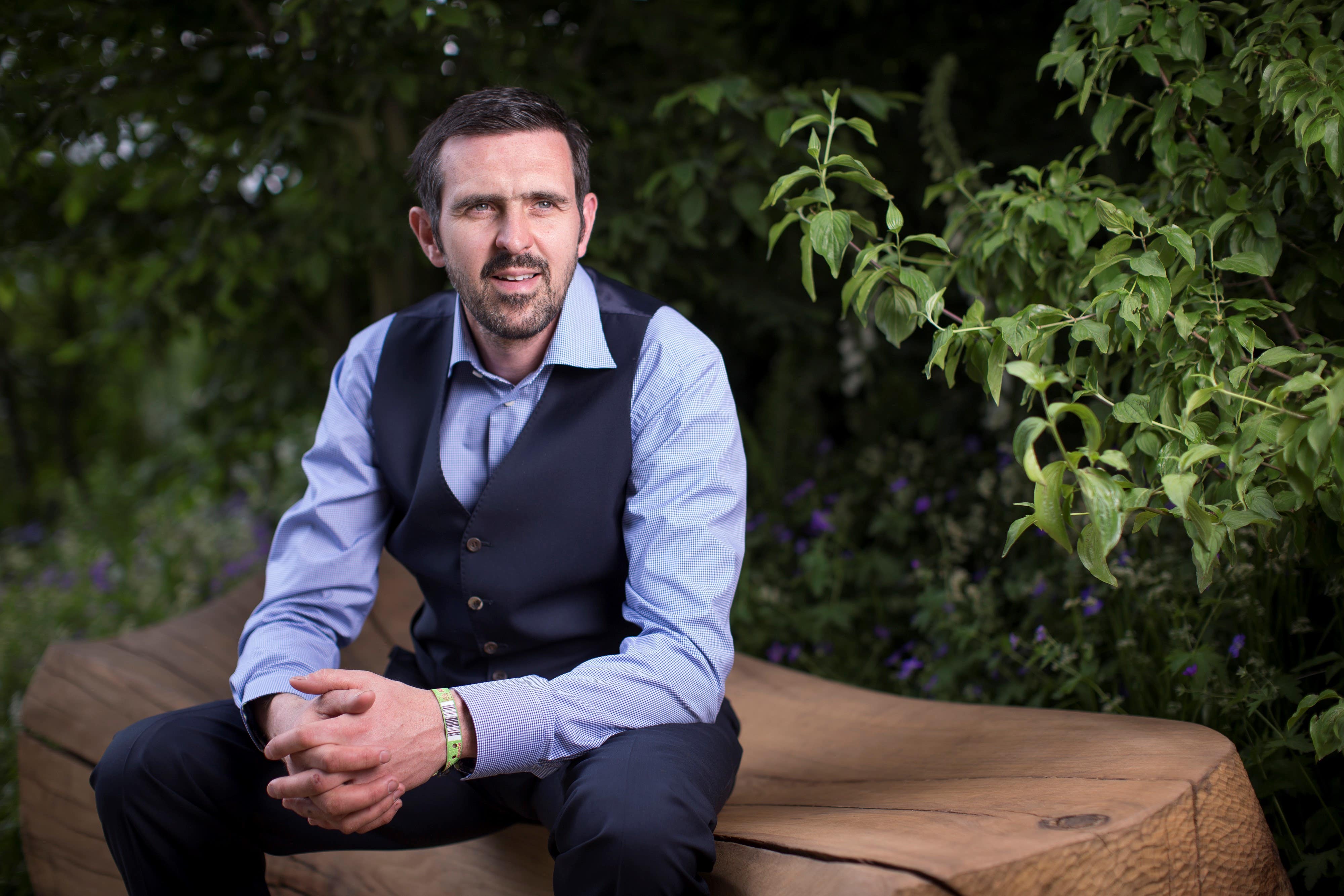How to garden for winter veg when you don’t know when winter will arrive
What to start off in autumn

Your support helps us to tell the story
From reproductive rights to climate change to Big Tech, The Independent is on the ground when the story is developing. Whether it's investigating the financials of Elon Musk's pro-Trump PAC or producing our latest documentary, 'The A Word', which shines a light on the American women fighting for reproductive rights, we know how important it is to parse out the facts from the messaging.
At such a critical moment in US history, we need reporters on the ground. Your donation allows us to keep sending journalists to speak to both sides of the story.
The Independent is trusted by Americans across the entire political spectrum. And unlike many other quality news outlets, we choose not to lock Americans out of our reporting and analysis with paywalls. We believe quality journalism should be available to everyone, paid for by those who can afford it.
Your support makes all the difference.It’s now a good time to think about what fruit and veg you want to sow and grow for this year and next.
TV gardener Adam Frost, landscape designer and a regular on BBC Gardeners’ World, will be sharing his gardening insights with visitors at the Malvern Autumn Show, but says there are problems with timings because of climate change.
“The problem with growing veg now is that we haven’t got a clue – that’s the reality. We don’t know if winter’s going to arrive in November or December. My whole approach to veg gardening has become even more experimental than it was in the first place,” he says.
Despite this, he says: “autumn is the time to think about the framework of your veg garden and if you want to add any fruit to it. It’s not long after that you can start to buy bare-root fruit, the currants and the raspberries.
“They are going to arrive bare-root, but you can probably still get the back end of the containerised plants. If you want to add any fanned fruit it’s a good time to plan it.”

He offers the following tips on what to start off in autumn.
Rocket
“Sowing wise, I’d still give rocket a go because we live in a changing world and going into September and even early October, there’s still some warmth in the soil and you could still get a decent crop.”
As the season continues, you may have to protect rocket plants with sheets of horticultural fleece to keep out the cold, and you should be enjoying it through the cooler months.
Broad beans
“In October I sow broad beans indoors in little modules in peat-free compost. Grow them up to a couple of centimetres before planting them out and you should get an early crop in spring.”
If you sow them in October, put horticultural fleece over them once you’ve planted them out to protect them during the coldest months, he advises.
“They might just sit there over winter, or they might grow – it just depends when winter arrives,” he says.
Onions sets and garlic
These are among the easiest veg to grow, even if you want to grow them in containers, he says.
“Just be wary if you have wet soil, especially with garlic. I’m lucky as I live in a very dry part of the country, but if you live in a wet area you might be better off waiting until spring.
“Alternatively, take a gamble with some (in autumn), putting gravel underneath the sets to aid drainage over the winter months.”
Quick-return crops
“In September, there’s still a lot of warmth in the soil, there’s plenty of moisture, and we are still having warm days. So quite a few quick return crops like salad leaves and radishes will turn around quickly. The way that things have changed so much gives us opportunity.”
Bare-root fruit
Fruit trees and shrubs can be ordered to arrive while they are dormant and planted out.
“If you buy autumn raspberries and put them in over the winter, next autumn you are very likely to get a crop. They like reasonable garden soil, some of them don’t need full sun. I also have thornless blackberries tied to my fence in patterns, which work very well.”
Asparagus
Add some asparagus to your garden, he suggests. Traditionally the crowns are planted in spring, but you can actually plant them at any point from autumn to spring. It is a perennial, so needs a permanent place in the garden and plenty of space.
“I place my orders in September or October and then it arrives after Christmas, (the crowns) looking like big spiders,” he explains.
Dig a trench and add some gravel or grit for good drainage and plenty of well-rotted manure or compost in the base. Then backfill the excavated soil into a ridge in the middle of the trench, which will support the roots and aid drainage.
Place the crowns on top of the ridge, at ground level, gently positioning the roots over the edges, covering the crowns with soil and watering in.
Preparation is key. They need a sunny spot, shelter from strong winds and well-prepared soil that ideally has had lots of manure or compost added in the previous autumn.
You have to be patient. Don’t harvest anything for the first two years while the crowns gain strength and energy.
“You look at it for three years,” he says, laughing, “and hope that after that you may be able to cut some.”
Malvern Autumn Show runs from Sep 27-29 at Three Counties Showground, Malvern, Worcestershire.